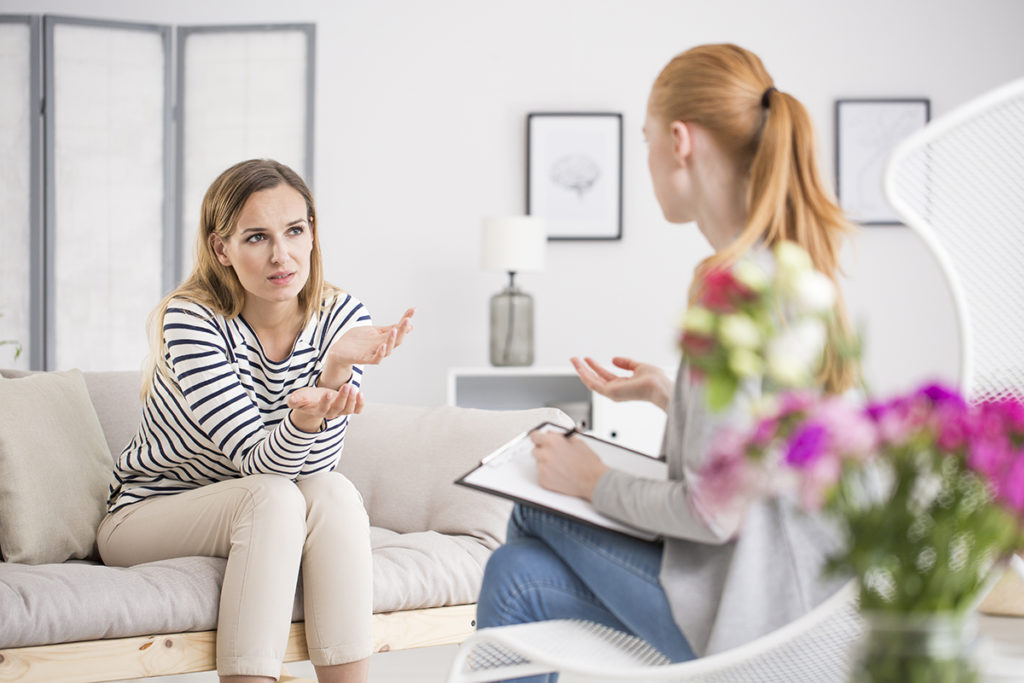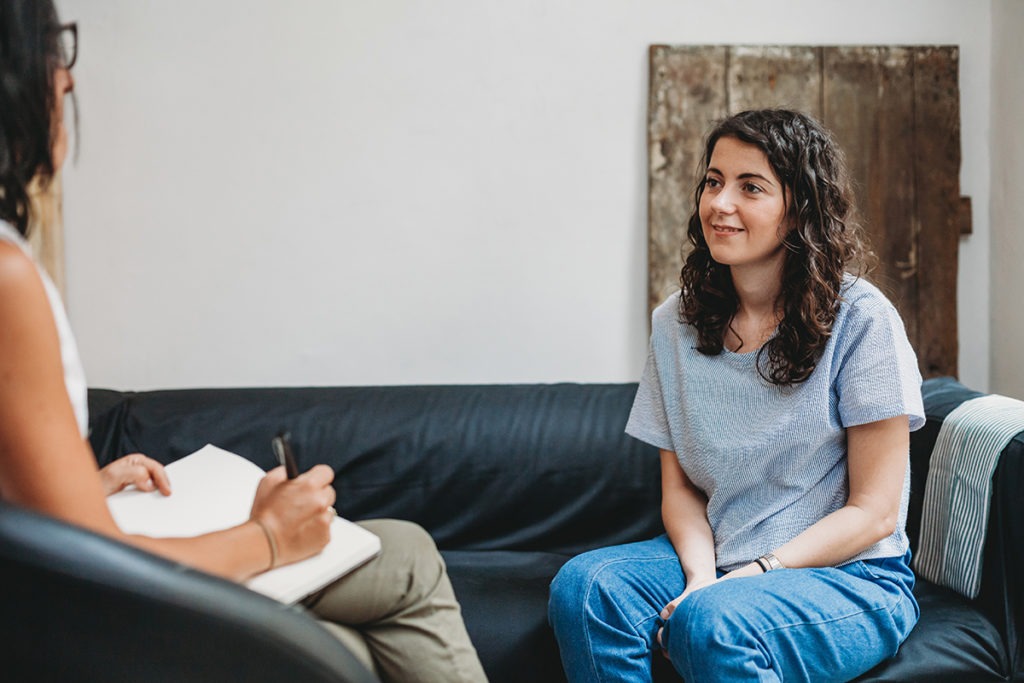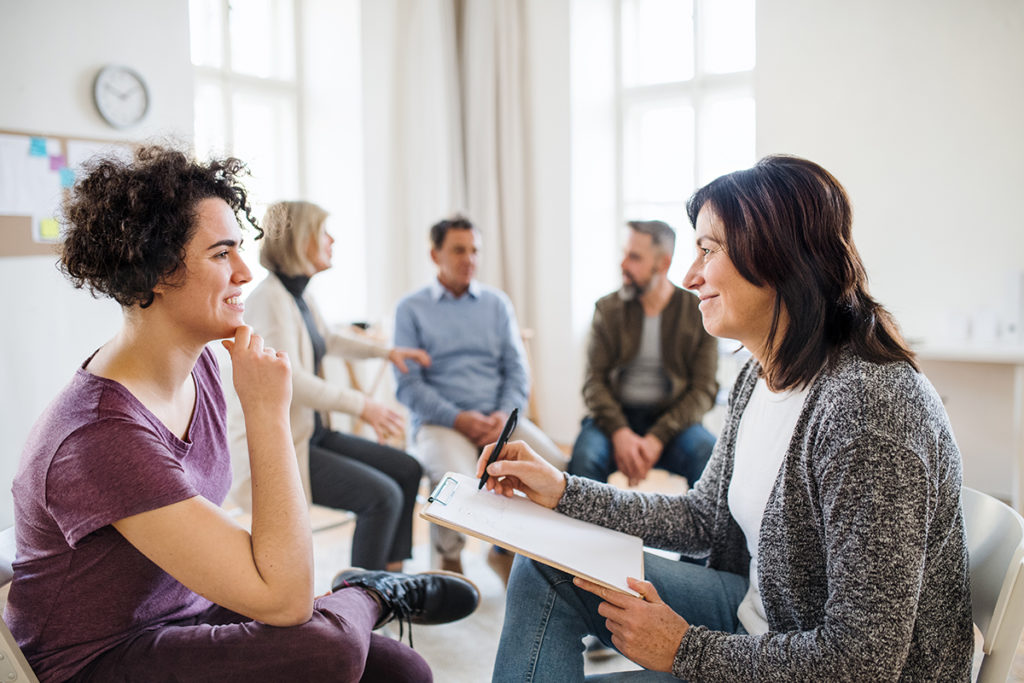Can love addicts have healthy relationships? That’s a difficult question. After all, living with a love addict isn’t easy. Your partner may have a lot of unrealistic expectations of you. They may be too needy or obsessed with romance. Maybe they spend more time with romance novels and rom-com movies than with you. The challenges of living with and loving a love addict are serious, but you can do it, and the first step is to ensure that your partner gets help.
Do you need to know more about relationship counseling? Call us today at 17135283709.
What Is Love Addiction?
So how do you know that your partner is a love addict? Maybe they have already been diagnosed, or maybe you just suspect it. Love addiction can take a lot of different forms, but if you notice some unhealthy behaviors and patterns in your partner related to love, romance and intimacy, you may be dealing with a love addict. Love addiction basically means being addicted to the idea of being in love, to a partner, to romantic ideals, to infatuation or to intimacy.
Living With and Loving Your Love Addict
Being a love addict and living with a love addict are unhealthy. Being addicted to anything has negative life consequences, and when that addiction is related to love, it is detrimental to a healthy relationship. Here are some important ways to cope with the love addict you love:
- Get help. You cannot sustain a relationship with a love addict without addressing the problem, so the first thing to do is to get her help. Seek a professional therapist with experience helping love addicts and attend sessions together and independently.
- Be patient. Once your partner is getting help, you may be eager to see changes in their behavior, but you have to be patient. Change takes time. Be supportive and caring while they work through their issues.
- Be realistic. There is no love addiction cure, unfortunately. Your partner may always struggle with their addiction. They may relapse. But if you love your partner, then be prepared for this reality.
- Provide space as needed. As part of your partner’s treatment, you may need to give each other space. Many love addicts are needy of affection and demand time and attention. To support your significant other, give them some space.
- Take care of yourself. Supporting someone with any kind of addiction is difficult. Make sure you take time for yourself to relax and unwind. Take time away from your partner if necessary.
Understanding love addiction is important if you love someone suffering with this condition. It sounds silly, but love addiction is both real and serious. Support your partner as they get help. Be there for your significant other and be patient. Take care of yourself too, and don’t neglect to address your needs throughout this process. Participate in therapy if it helps or if you are encouraged to do so, and remember, things will get better.
Learn More About How to Live With a Love Addict Today
Are you wondering how to live with a love addict? We have answers. We offer a variety of addiction treatment therapies, including:
Individual Therapy
Individual therapy is an effective tool for dealing with many mental health issues such as depression, anxiety, relationship problems, grief, trauma, stress management, and more. It is also beneficial for personal growth, self-discovery, and improving communication skills.
Group Therapy
Group therapy involves individuals meeting with a mental health therapist and other group members to discuss problems, feelings, and experiences. Groups typically consist of five to fifteen members who have similar issues, such as depression or addiction. Group sessions provide a supportive and encouraging atmosphere to help individuals gain insight into their own behavior and learn new skills. Group therapy is often used to treat depression, anxiety, addiction, and relationship issues.
Dialectical Therapy
Dialectical therapy is a type of cognitive-behavioral therapy that focuses on developing skills to help individuals manage difficult emotions and relationships. This therapy helps people identify their destructive thought patterns and develop healthier, more productive coping strategies. The goal of this type of therapy is to teach individuals how to accept themselves and the world around them, while also striving to make changes.
Family Therapy
Family therapy involves family members working together to improve communication, resolve conflicts, and strengthen relationships. It can help families better understand each other and develop healthier coping strategies for dealing with difficult situations. Family therapy is commonly used to address issues such as depression, addiction, grief and loss, parenting challenges, and marital conflict.
Relationship Therapy
Relationship therapy focuses on improving communication, resolving conflict, and strengthening relationships between two people. It can help couples build trust and understanding by exploring their feelings, goals, and expectations for the relationship. Relationship therapy is often used to address issues such as infidelity, financial stressors, parenting disagreements, grief and loss, and substance abuse.
Get Help Today
Don’t wait to seek treatment. Learn more when you call 17135283709 today.






